Canada Reports Visa Backlog as 1.1 Million Applications Await Processing

Canada's immigration system is currently confronting a significant backlog, which is leading to delays in processing applications for citizenship, permanent residency, and temporary residency.
As of September 30, Immigration, Refugees and Citizenship Canada (IRCC) reported a backlog of over 2.45 million applications, with 1.1 million exceeding their expected processing time. This backlog has had a considerable impact on individuals and industries reliant on immigration. The IRCC's portal notes a 1.73% increase in backlogged applications in August alone. The backlog spans various categories, each experiencing unique pressures due to high demand. Citizenship applications have declined by 1.29% since August, with 38,100 pending.
Permanent residency applications have increased by 1.46%, with 305,200 pending. The sharpest increase has been in temporary residency applications which have risen by 2%, marking a 13.44% surge since July, with 753,700 pending. Despite these challenges, a portion of applications continues to be processed within IRCC's service standards. By September 30, the IRCC had processed 184,800 citizenship applications (down by 3.04% from August), 510,800 permanent residency applications (up by 1.19%), and 658,000 temporary residency applications (up by 1.68%). However, the backlog continues to grow, particularly in the temporary residency category.
The increasing backlog is causing major disruption, impacting both individual applicants and industries. Delayed work permits are exacerbating labour shortages in critical sectors, such as healthcare and technology thus hampering productivity. Extended wait times are also causing stress for families seeking to reunite, leaving many in limbo with uncertain timelines. Additionally, the prolonged wait times create challenges for financial planning and integration into Canadian society, leaving many applicants feeling stranded.
Looking ahead, IRCC's backlog projections show varying trends across different application categories. Citizenship applications are expected to decrease to 16% by the end of November, while Express Entry is anticipated to rise to 20% by October. The Provincial Nominee Program and Spousal Sponsorship are expected to remain stable at 20% and 15%, respectively. Temporary Resident Visas, Study Permits, and Work Permits are projected to see reductions in their backlog percentages by November. The Canadian government aims to address the visa processing delays by early 2025, targeting a stabilization of wait times across all categories.

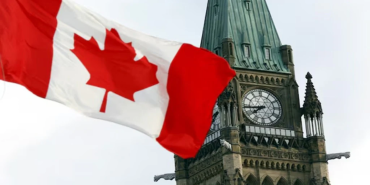

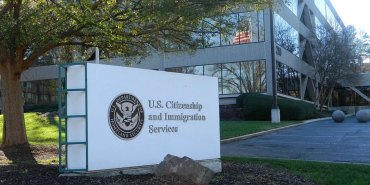



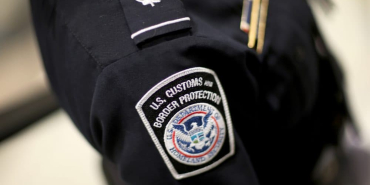

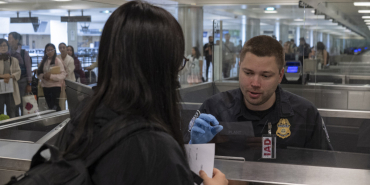
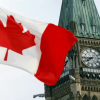


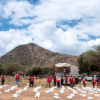
Add new comment